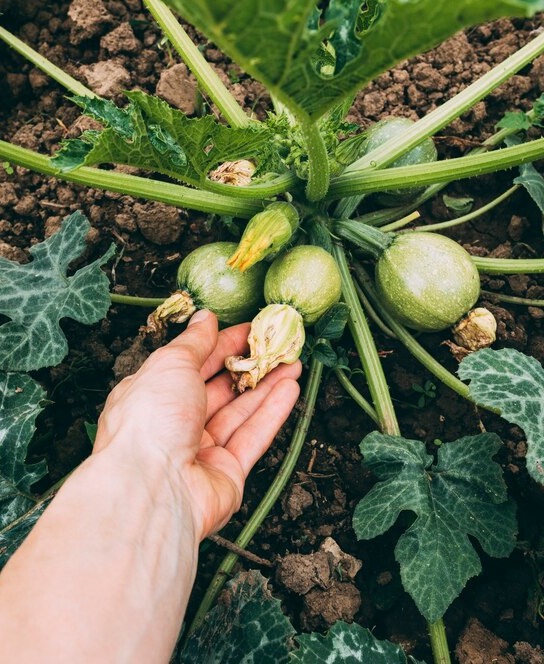
ORGANIC FARMING
Organic farming is an agricultural method that provides sustainable production with natural methods without the use of chemical fertilizers, pesticides and hormones. This approach aims to protect the health of the soil, water and ecosystems, while also providing consumers with healthy and reliable foods.
Natural Fertilization and Soil Management
In organic farming, organic fertilizers and compost are used to support soil health. Animal fertilizers, green fertilization and composts made with natural materials enrich the mineral content of the soil and improve its structure. In soil management, long-term fertility of the soil is ensured by considering natural cycles.
Chemical-Free Production
Instead of chemical fertilizers, synthetic pesticides and hormones, natural methods and products are used in organic farming. Natural insecticides, herbal extracts and biological control methods are preferred in combating plant diseases and pests. These practices create positive effects on both the environment and human health.
Certification and Standards
Organic farming has international standards and certificates. Certification processes guarantee that products are produced and processed in accordance with organic criteria. These certificates provide consumers with the authenticity and safety of organic products.
Biodiversity and Ecosystem Protection
Organic farming supports biodiversity and protects ecosystems. Instead of a single type of product, a variety of plants and animals are grown. This diversity increases soil health, reduces the spread of diseases and maintains the natural balance.
Water and Energy Use
Efficient use of water and energy resources is important in organic farming. Water-saving methods, such as applying water directly to plants, are common in organic farming. In addition, sustainable methods that minimize energy consumption are preferred.
Consumer Health and Nutrition
Organic products are offered free of chemical residues and can often have higher nutritional values. Organic farming offers a reliable option for consumers looking for healthy and natural foods.
Economic and Social Impacts
Organic farming contributes to local economies and communities. Small-scale producers and family farms offer their products to local markets through organic farming methods and support social development. In addition, organic farming offers fairer trading conditions to farmers.
Organic farming aims to provide healthy and sustainable food production while minimizing environmental impacts. This method provides significant benefits for both the environment and human health by ensuring that agriculture is carried out in harmony with nature.